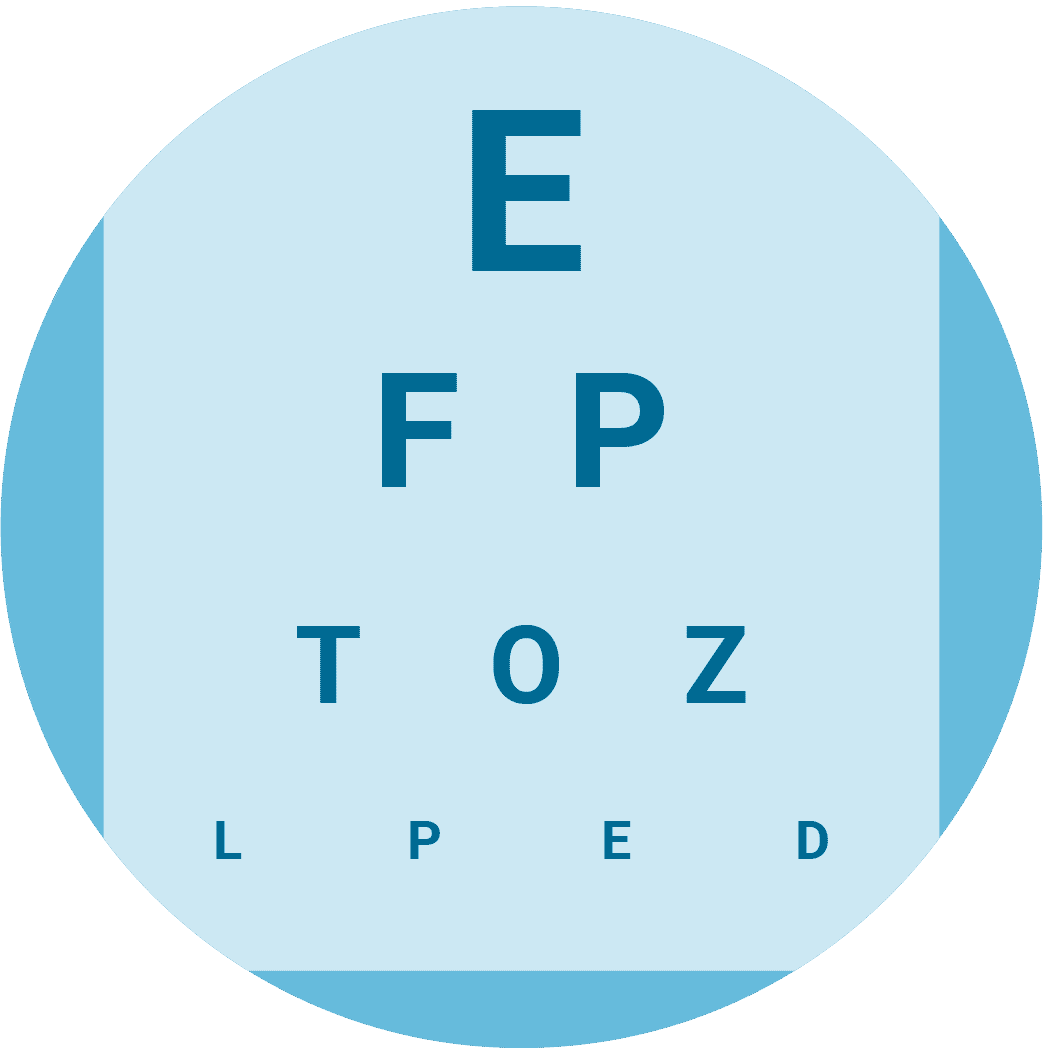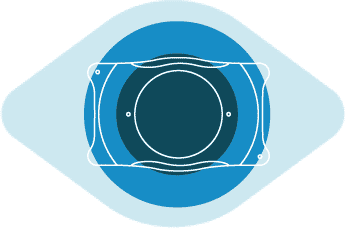Book Your Free Consultation
Mr David Allamby
MD, FRCOphth, FRCS
The Implantable Collamer Lens (ICL), sometimes called an implantable contact lens, is an alternative for patients who are not candidates for laser eye surgery because of having a high or extreme prescription.
Suitability criteria for ICL surgery are:
ICLs may also be called phakic intraocular lenses (phakic IOLs) because they are inserted without removing the natural lens. This is different from cataract surgery or refractive lens exchange, where the natural lens is removed and replaced with an artificial intra-ocular implant.
See if you're eligible for ICL surgery.
We can give you a good idea of your suitability for ICL surgery over the phone and schedule you for your initial consultation. Submit your details below, pick a time that works best for you and a member of our team will be in touch to discuss your options.
The Implantable Collamer Lens (ICL Surgery), sometimes called an implantable contact lens, is an alternative for patients who are not candidates for laser eye surgery because of having a high or extreme prescription.

Just as there are eligibility criteria for LASIK, not everyone is a candidate for an ICL. The following points can help you decide if a phakic lens is the right choice for your eyes:
An implantable contact lens works in a similar way to placing a contact lens on the front of the eye, by providing extra focusing power to correct any refractive error. In this case, though the lens is situated inside the eye rather than floating on the surface.
Because the collamer lens is used in patients with extreme prescriptions, typically -10.00 or higher, patients can see a dramatic increase in their sight almost immediately after the procedure.
Unlike contact lenses, you can’t feel an ICL inside your eye (much as you cannot feel a dental filling). The lens can remain permanently but does require ongoing regular eye health examinations.
Extreme prescriptions are a significant disability, where such eyes may not be suitable for contact lenses and glasses are overly heavy due to the thickness of the lenses. ICLs can make a tremendous difference to the lives of these patients, as they fall outside the range where LASIK can correct the full prescription.

ICL surgery, or Implantable Collamer Lens surgery, involves placing a biocompatible lens inside the eye to correct extreme prescriptions, typically for patients unsuitable for laser eye surgery due to high levels of myopia. Unlike cataract surgery, the natural lens remains intact, and the ICL provides additional focusing power without being felt by the patient. Suitable for individuals aged 21-60 with a stable prescription and adequate eye anatomy, ICL surgery offers an effective, permanent solution for high prescriptions beyond the range of LASIK correction.
During an ICL (Implantable Collamer Lens) procedure, numbing drops are applied, and a small incision is made in the cornea.
The folded ICL is inserted through the incision and positioned behind the iris, in front of the natural lens. The surgeon then adjusts the lens for proper placement.
The procedure takes about 20-30 minutes, with vision improvements noticeable within days and the incision will begin healing within minutes of the surgery finishing. Afterwards, eye drops are prescribed to prevent infection, and follow-up visits ensure proper healing.
ICL surgery can be worth it for individuals with extreme prescriptions who are not suitable candidates for laser eye surgery like LASIK.
It offers dramatic vision improvement and eliminates the need for thick glasses or uncomfortable contact lenses.
The procedure is minimally invasive, provides long-term vision correction, and can significantly improve quality of life. However, it is more expensive than laser surgery, and eligibility depends on factors like eye anatomy and health.
If you’re not sure which treatment is right for you, book a free consultation with our team, and they’ll be happy to discuss your options.